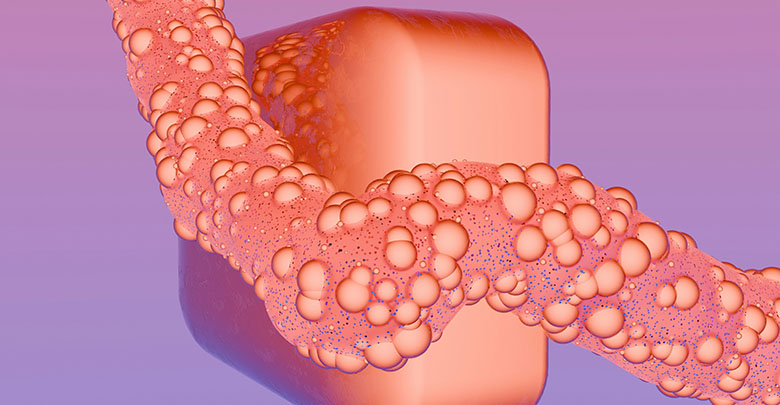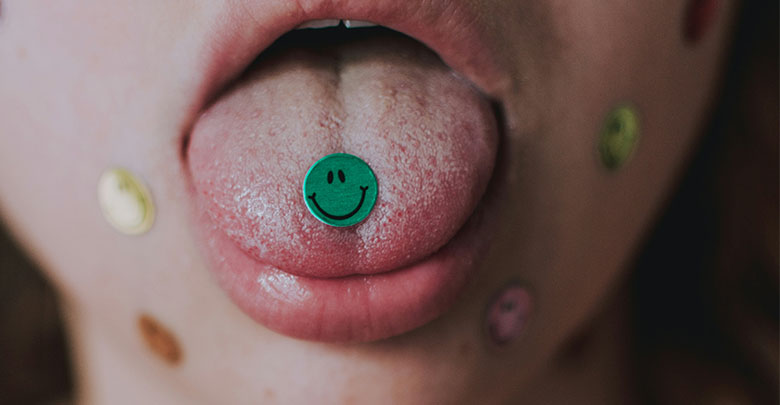
Съдържание
What is Oral Cancer?
Oral cancer is a relatively rare form of cancer in daily life, but its impact on our health should not be overlooked. Let’s take a closer look at the symptoms of this disease through this article. Preventing oral cancer starts with changing your lifestyle habits.
The Three Main Risk Factors for Oral Cancer and Their Corresponding Preventive Measures
(1) Unhealthy Lifestyle Habits
Unhealthy lifestyle habits can lead to the development of oral cancer. Daily smoking, drinking, and the habit of chewing betel nuts are all bad habits that increase the risk of oral cancer. The risk of oral cancer is positively correlated with the amount and duration of smoking.
The more alcohol consumed, the higher the risk of oral cancer. The increased risk of oral cancer from alcohol may be related to ethanol and acetaldehyde in alcoholic beverages. Betel nut chewing is positively correlated with fibrotic changes in oral mucosa and is also a risk factor for oral cancer.
Smoking and alcohol consumption are the two primary risk factors for oral cancer. Carcinogenic substances in tobacco processing directly damage oral mucosal cells, while alcohol enhances the carcinogenic effects of these substances.
- Quit smoking: This is the most effective method for preventing oral cancer.
- Quitting alcohol: Avoid drinking alcohol as much as possible, especially spirits such as brandy and whiskey.
- Avoid “smoking and drinking together”: If smoking and drinking are done simultaneously, the risk of oral cancer increases exponentially.

(2) Environmental Factors
These include light radiation, nuclear radiation, and environmental pollution. These external environmental factors may also contribute to the development of oral cancer. In recent years, air pollution and the thinning of the Earth’s ozone layer have led to increased light radiation, which is a major risk factor for skin cancer.
Prolonged exposure to strong sunlight is also a risk factor for oral cancer. With the advancement of science and technology, research and innovation in nuclear energy have increased, along with the construction of nuclear power plants. This has brought about the impact of nuclear radiation on public health.
The rays emitted during nuclear fusion can affect susceptible cells in the human body, leading to the development of cancer. Environmental pollution is also a causative factor for oral cancer, such as coal smoke pollution in highly industrialized cities.
Therefore, we must control environmental pollution. Whether in work or living environments, pollution control should be prioritized. Regarding air pollution, smoking should be prohibited in public areas. For water pollution, we must protect water sources at their origins.
By addressing environmental issues on a large scale, we can gradually reduce the incidence and mortality rates of oral cancer. Small details in daily life can also be noted, such as using sunscreen lip balm: choose lip balm with a sun protection factor (SPF 50+ or higher) to effectively protect the lips from ultraviolet damage. Physical sun protection: wide-brimmed hats can provide shade for the face and around the mouth.
(3) Physical Immune Factors
Biological factors include oral infections and chronic irritation, such as oral ulcers leading to oral wounds. Viral and bacterial infections are closely associated with cancer. Research indicates that herpes viruses, EB viruses, HPV viruses, and oral microbiota are linked to the development of oral cancer.
Therefore, we should maintain a healthy diet, ensure balanced nutrition, strengthen the body’s immune system, and reduce the risk of cancer.
- Eat more vegetables and fruits: Foods rich in vitamins, minerals, and naturally ripened fruits and vegetables can help resist cellular damage and promote the generation of new cells.
- Avoid or limit processed meats: Foods like hot dogs, canned meats, cured meats, and caviar may increase the risk of cancer.
- Control sugar intake: Fruits high in sugar, such as durian, watermelon, and grapes, should be consumed in moderation. Excessive sugar intake can harm health, as sugar increases inflammation in the body, thereby raising the risk of disease.

Summary and Early Detection
Strengthen oral health education in daily life. Avoid excessive smoking, drinking, and chewing betel nuts. Protect yourself from sun exposure; if you work in direct sunlight for extended periods, use appropriate sun protection.
Avoid consuming extremely hot foods that can irritate oral mucous membranes.
Avoid prolonged oral irritation; promptly file down sharp tooth edges and prosthetic edges to prevent repeated stimulation of soft tissues, and maintain good oral hygiene.
Be vigilant about oral abnormalities and seek medical attention promptly. Early symptoms of oral cancer are often overlooked, but if detected early, the cure rate is very high.
- Conduct self-examinations of the mouth when feeling abnormal: Regularly examine your mouth in the mirror, including the tongue, gums, inner cheeks, palate, and throat.
- Pay attention to abnormal symptoms: If you notice persistent white or red patches, ulcers, lumps, numbness, or difficulty swallowing in your mouth, seek medical attention immediately.
We hope this article helps you better understand oral cancer and how to prevent it. If you have any other questions about oral health, feel free to ask, and we can discuss them together.
